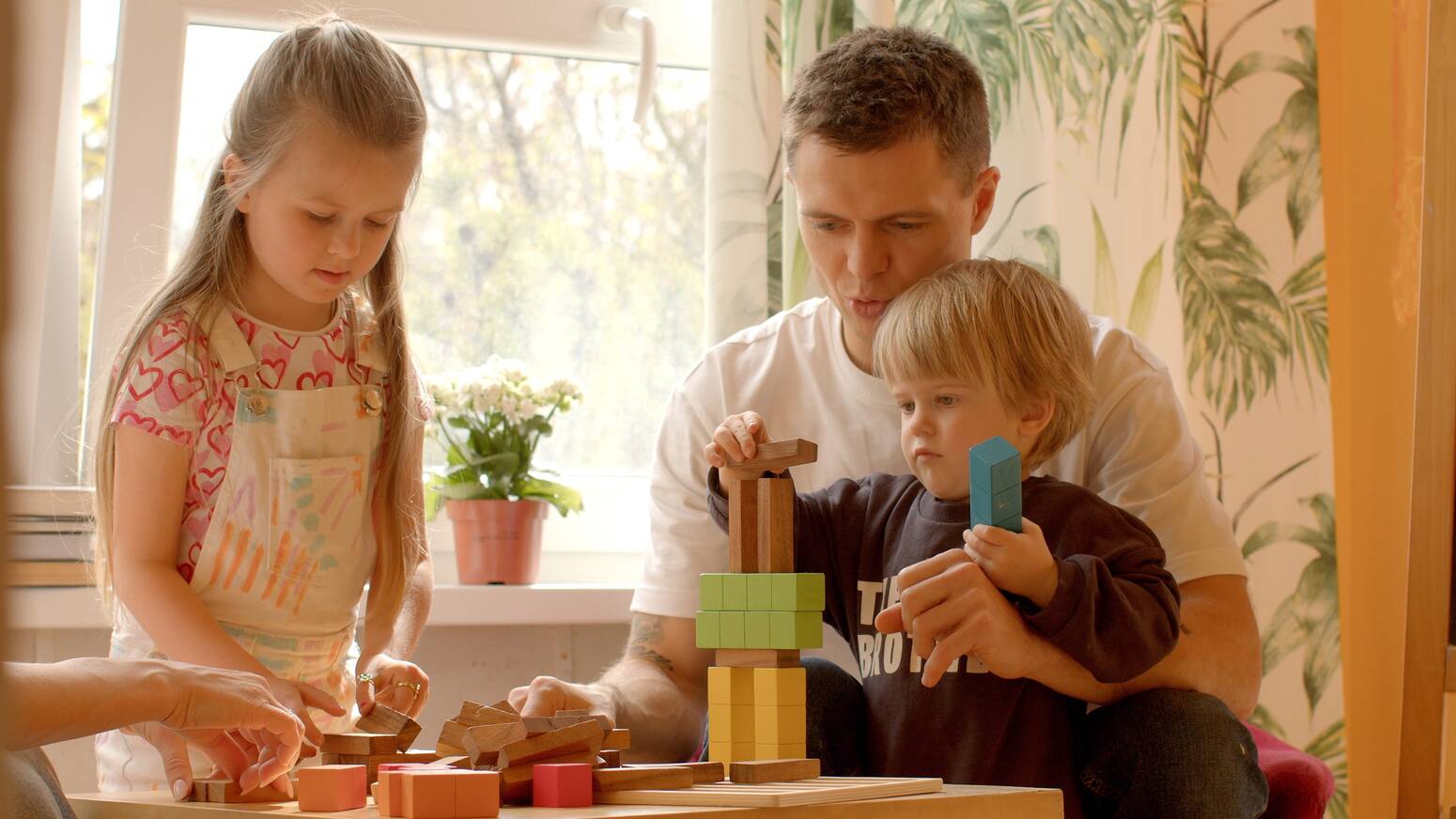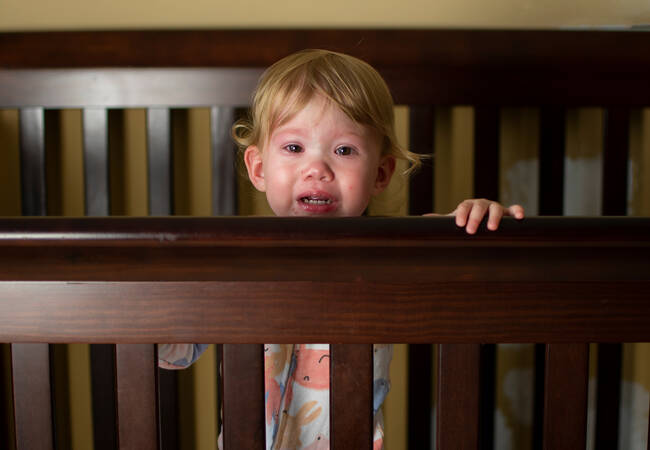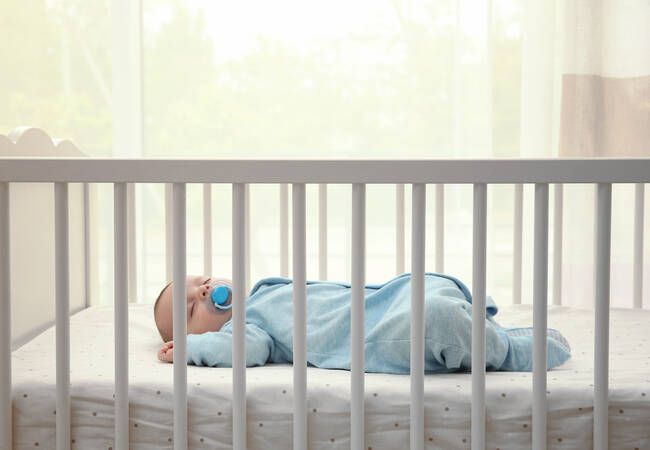- Free play is unstructured, child-led play without adult supervision or direction.
- It supports resilience by allowing children to solve social problems and regulate emotions among peers.
- Children learn social skills such as collaboration, negotiation, managing anger, and creating social norms through free play.
- Free play occurs in settings like parks or unsupervised playdates, often involving imaginative and physical activities.
- Risk-taking in play, such as climbing or jumping, is vital for growth and confidence building.
- Facing and overcoming challenges during free play helps children manage fear and discomfort.
- These experiences translate into better social and emotional skills useful in school and life.
- Free play fosters cognitive and emotional development through experiential learning.
Why Free Play Builds Resilient Kids
Unstructured free play with peers helps children build resilience.

Caroline Christie, MSW, LICSW, Pediatric Psychiatry


